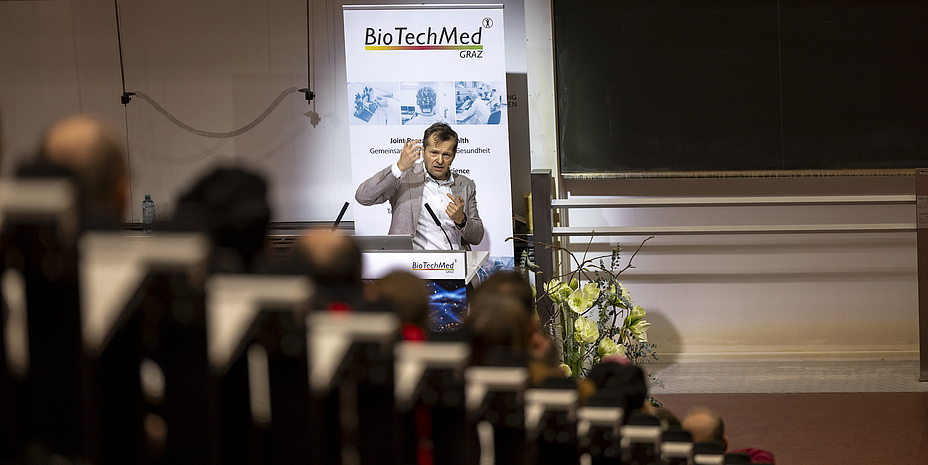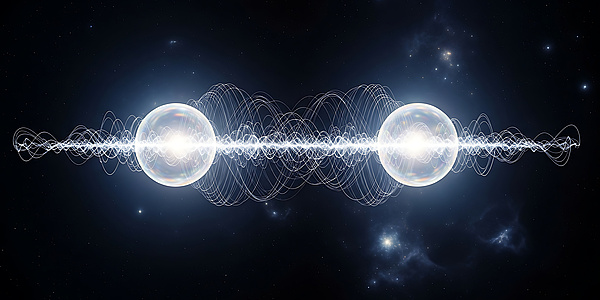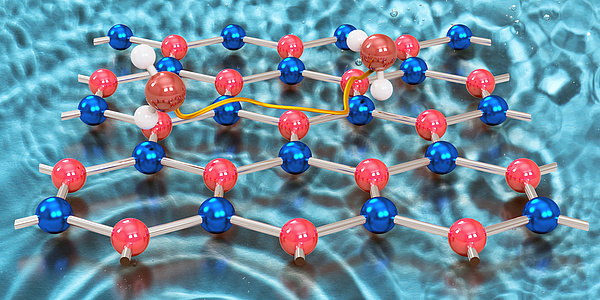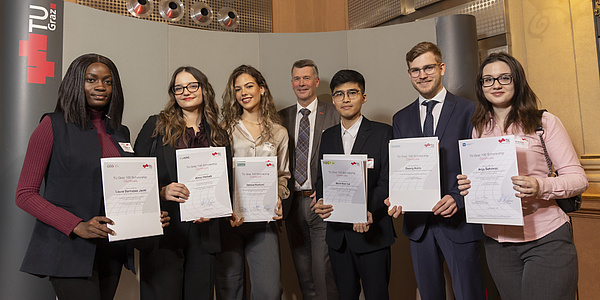One Nobel Prize Winner and Some 600 Science Enthusiasts

“600 science enthusiasts. That is your audience,” said TU Graz physicist Martin Schultze, opening this year’s BioTechMed-Graz Nobel Lecture at Graz University of Technology (TU Graz). The lecture was given by his doctoral supervisor and 2023 Nobel Prize winner in Physics, Ferenc Krausz, who conducts research at the Max Planck Institute of Quantum Optics in Garching, Germany, of which he is also the director. The lecture is organised annually by the Graz University collaboration BioTechMed-Graz and attracted some 600 people to TU Graz in 2024 – packing both the physics lecture hall P1 and lecture hall P2, where the lecture was broadcast via video stream. There was a new record number of visitors, as TU Graz Rector Horst Bischof proudly noted in his welcoming address.
When I look at the poster for tonight, I still wonder at first who this Nobel Prize winner is who is going to speak.
Ferenc Krausz himself explained right at the beginning of his lecture that he still can’t quite believe it himself: “When I look at the poster for tonight, I still wonder at first who this Nobel Prize winner is who is going to speak.” The physicist specialises in attosecond physics, which deals with extremely short periods of time. An attosecond is 10-18 seconds – or in other words 0.000 000 000 000 000 000 1 of a second. His Nobel Prize-winning research produced light pulses that make it possible to observe these very short periods of time. This allows the sub-atomic movement of electrons to be visualised. And these movements in organic molecules could provide a great deal of information about human health in the future. “With this method, we would no longer have to search for individual biomarkers for specific diseases in cost-intensive procedures, but could read the global molecular landscape from the blood using a laser pulse,” explained Krausz. The resulting pattern is characteristic of particular diseases and could therefore enable diagnostic examinations even before the first symptoms appear, “And with a safe and cost-effective procedure that is easy to implement in entire societies.” Krausz is currently looking for both research partners and test subjects who will be available for research over the next few years.
A Nobel Prize winner for students
Almost two thirds of the lecture theatre was filled with students, who were able to ask the Nobel Prize winner questions after the lecture. Ferenc Krausz answered the questions with concentration, taking up the whole stage in the lecture theatre for his explanations – it was obvious how important teaching and inspiring young people with enthusiasm for physics is to him.




